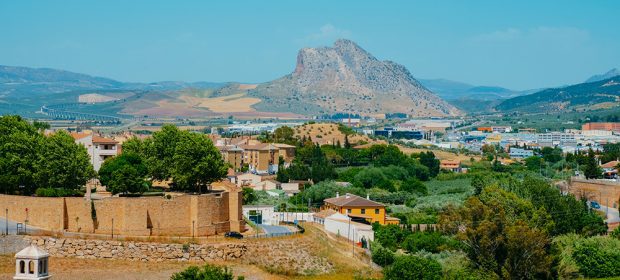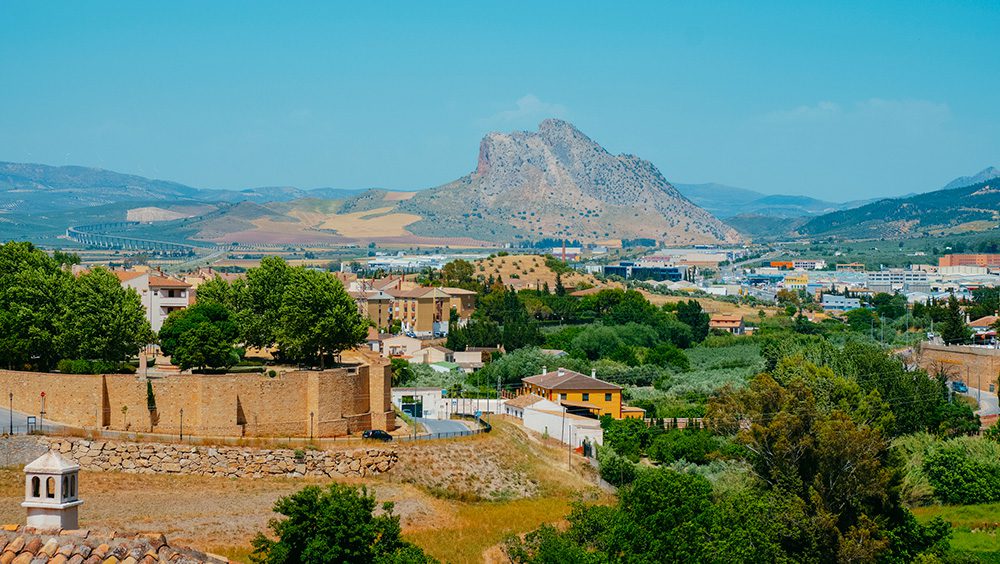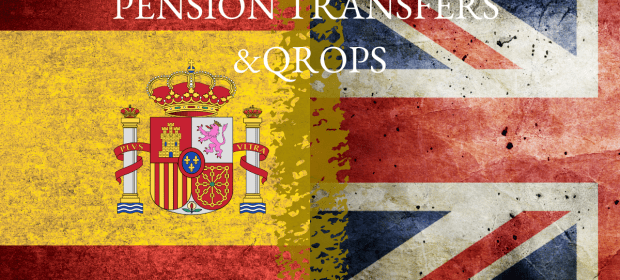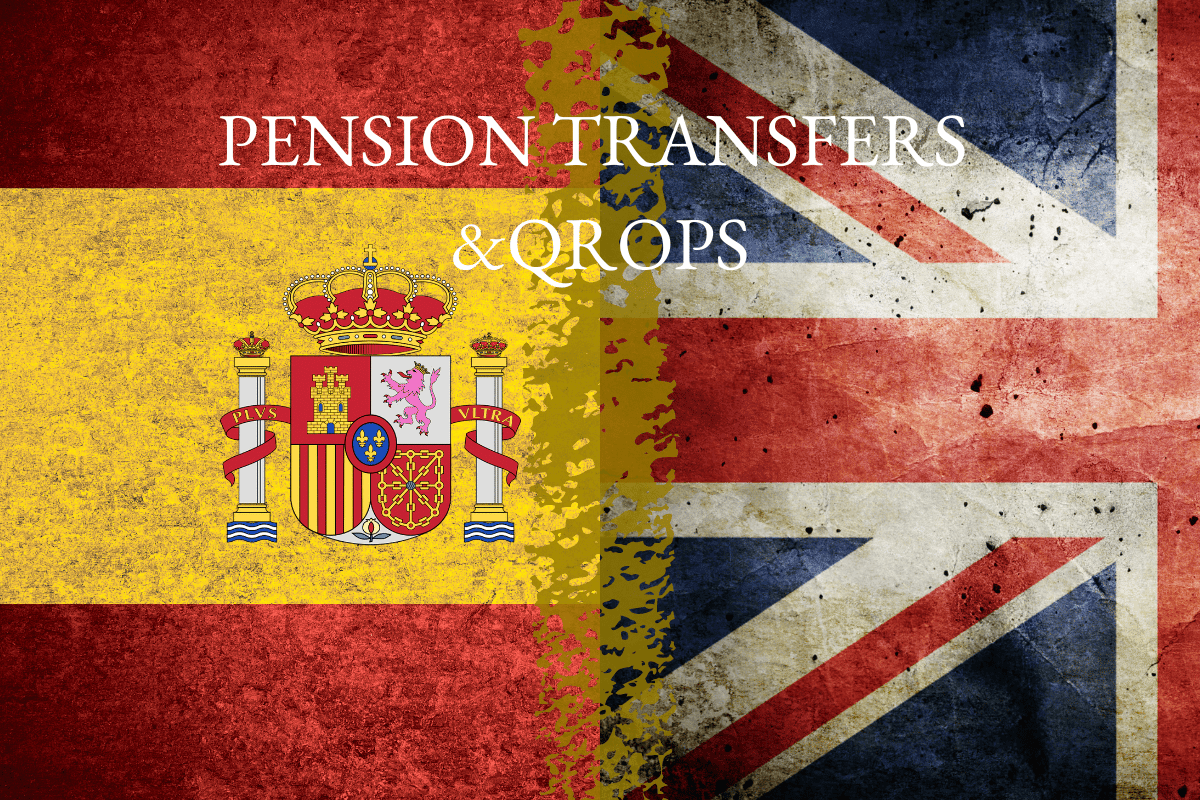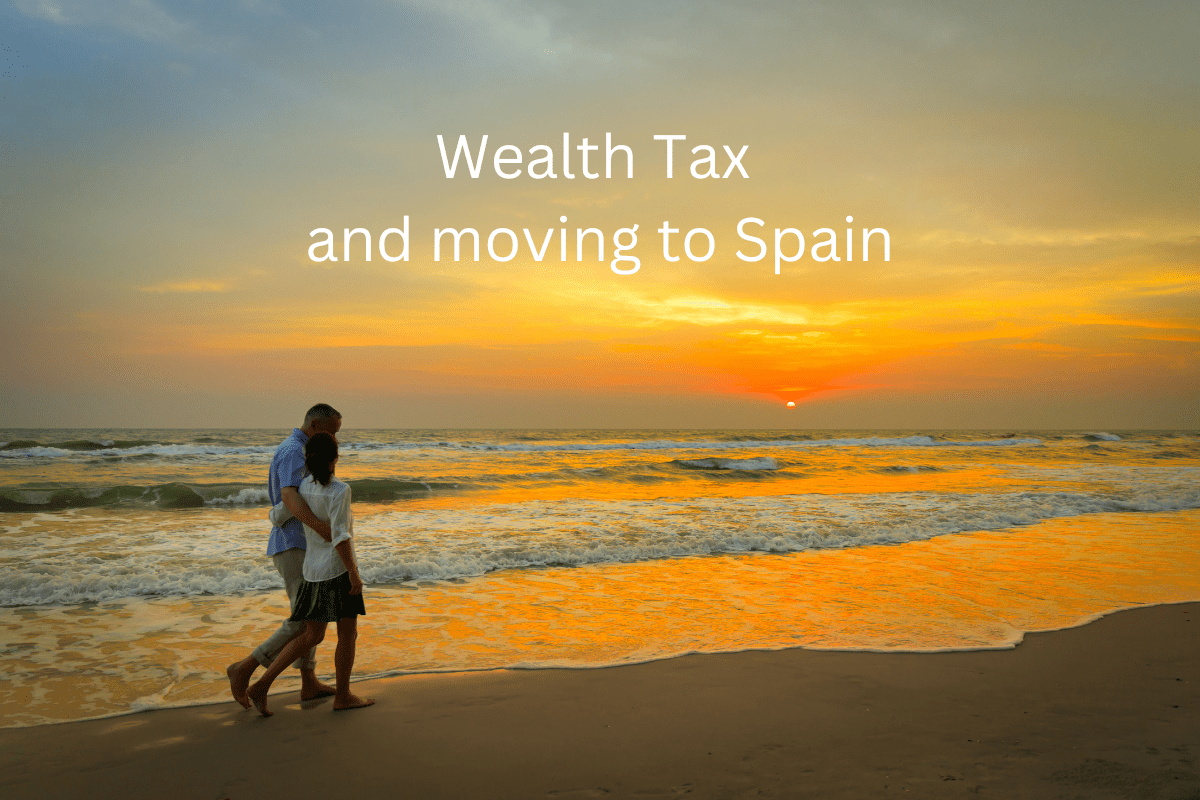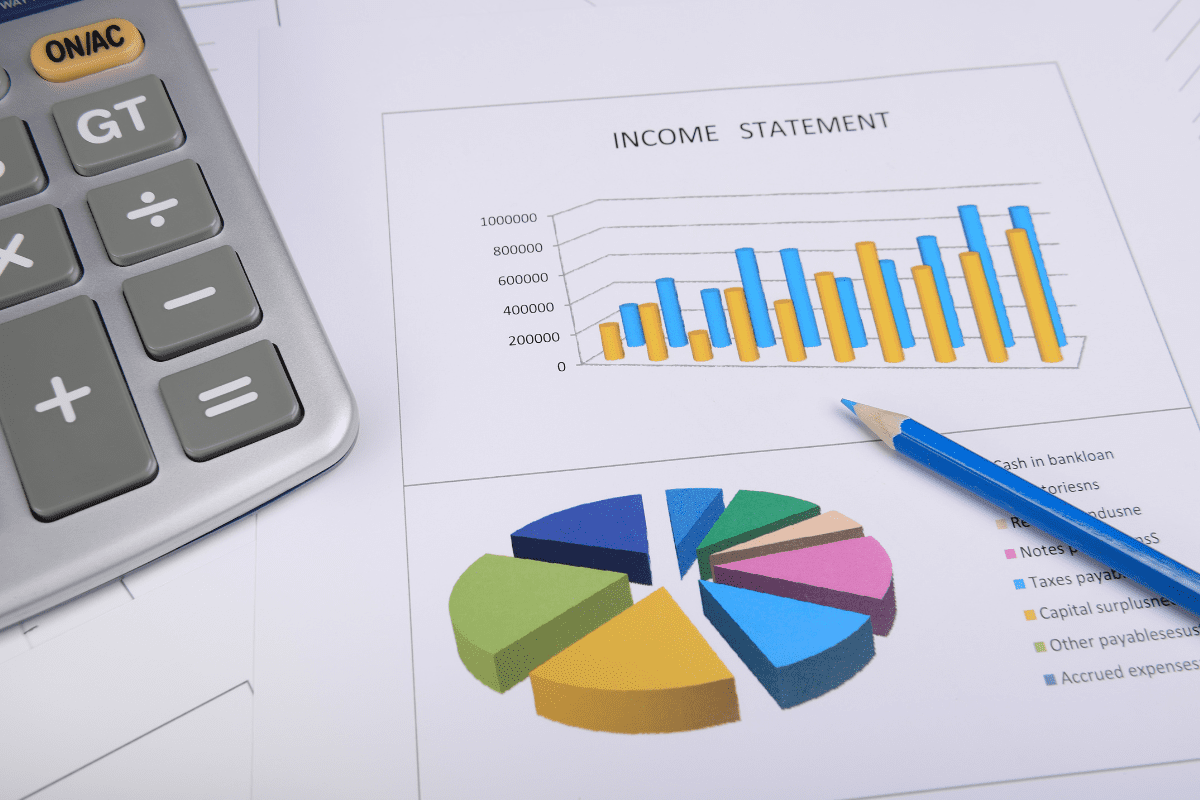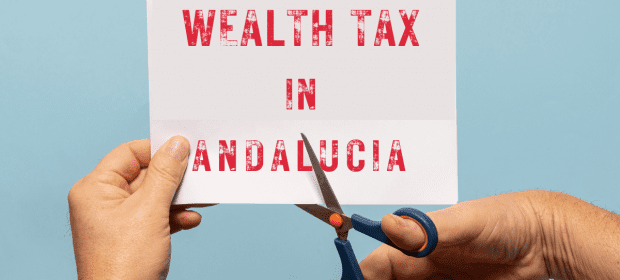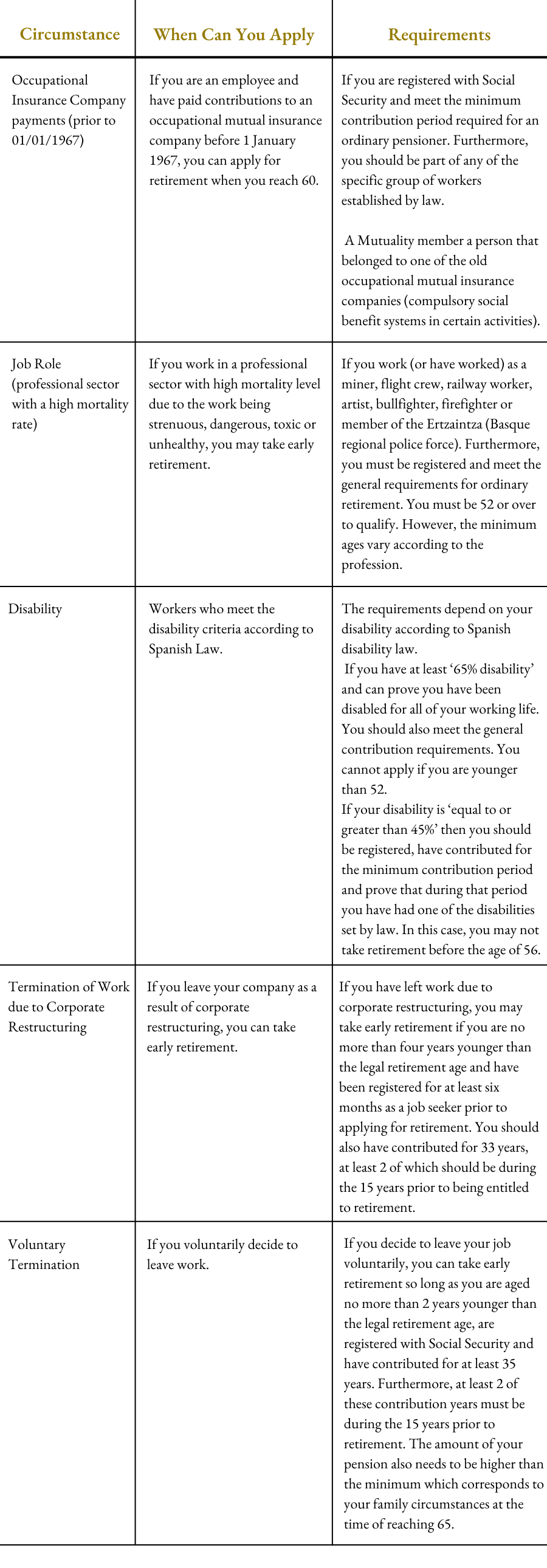I was flying back home from London at the weekend and I was sitting beside a fellow Brit who seemed very pleasant. We got chatting and it turned out he is a keen golfer, lover of warm climes and owns a holiday home in Southern Spain. His wife is a keen gardener. We exchanged pleasantries and he felt frustrated he could not move himself and his wife permanently to Spain. I asked why not? He replied the tax situation in Spain is horrendous from every angle and they have something called Wealth Tax which is unheard of in many countries, including the UK. As a wealthy man, this put it out of the question. He said he had missed the boat regarding a Residencia (TIE) and found queuing for miles at Malaga airport with all the other Brits on returning to the UK from Spain was really unacceptable.
We had over an hour more together on the flight and he was my captive audience. So I proceeded to give him the lowdown on the whole tax situation:
1. Wealth Tax (suspended). From last week, there is no more Wealth Tax for residents and non residents of Andalucia where my companion’s house is located. What or where is Andalucia? Andalucia is a semi autonomous region (one of 17 in Spain) which stretches from the Portuguese border in the West to beyond Almeria in the East and up to Cordoba in the North and is bordered to the South by the beautiful Mediterranean Sea. Its capital is the stunning Seville. Wealth Tax was calculated on the total value of your assets on a varying sliding scale according to the amount. At the upper level it was 2.76% on €10.696m and above. Previously as a resident, you had to pay wealth tax on ALL your worldwide assets. As a non resident, it was only on your Spanish assets.
As a result of the suspension, it is expected that many previously resident expatriates will return from those countries with attractive tax regimes to Andalucia as residents and many first time residents will apply to become permanent residents.
Additionally, the case (tax wise) for coming to live here, these other taxes are just SO friendly:
2. Spanish Succession Tax (IHT) (suspended). This was effectively abolished on 1st January 2018 by granting a 100% allowance on the first €1m and thereafter 99% allowance. Assets sheltered in foreign entities (banks, insurance companies, etc.) which are being inherited by foreign residents (e.g. children living outside of Spain) are also exempt from this IHT.
3. Capital Gains Tax (adjusted). Payable at the same rates by everyone except on the sale of your main residence in Andalucia where it is exempt if you are over age 65.
4. Income Tax (decrease). A decrease by at least 4% p.a. has been announced. On investment income derived from approved EU based Spanish Compliant Investment Bonds, this attracts very low income (savings) tax. We are talking about a drop from a standard income tax upper level rate of around 46% down to a level of between 9% and 11% average over a 20 year period, depending on the amount of income taken.
5. Water consumption tax (suspended). This is planned to be abolished from 2023. So my companion with the big garden and pool was pleased.
6. Residencias. If you hold a TIE (Tarjeta Individual Extranjero), you can stay in Spain up to 6 months, if you are a non taxpayer in Spain. As a taxpayer in Spain, you can stay for an unlimited period. One of the benefits is that in both cases you can join the queue for Nationals and EU citizens with your British passport and TIE – no more queuing! You can also roam the EU Schengen area at will and stay as long as you like (the latter if your TIE is a “Permanente”) within the residency rules of those countries.
Although the application window for TIEs for Brits has closed, you can still apply for a Golden Visa (investor’s visa), come and go as you please but become a tax resident of Spain if you stay more than 183 days. Or you can apply for a non lucrative Visa which allows you to stay as long as you want but you cannot be employed and you have to become a tax resident.
7. Tax residency. What exactly does it mean? Simply put, if you spend more than 183 days in 12 months in Spain, then you must file for tax residency. If your “centre of vital interests” is in Spain (wife or partner here, children in school here, etc.), then you would be judged to be fiscally resident.
At the end of my lengthy discourse, he asked what exactly would this mean for him? So on the back of an inflight magazine, I jotted down some information from him and gave him an approximate potential tax position and the savings he would now have, in addition to some existing ones of which he was not aware.






